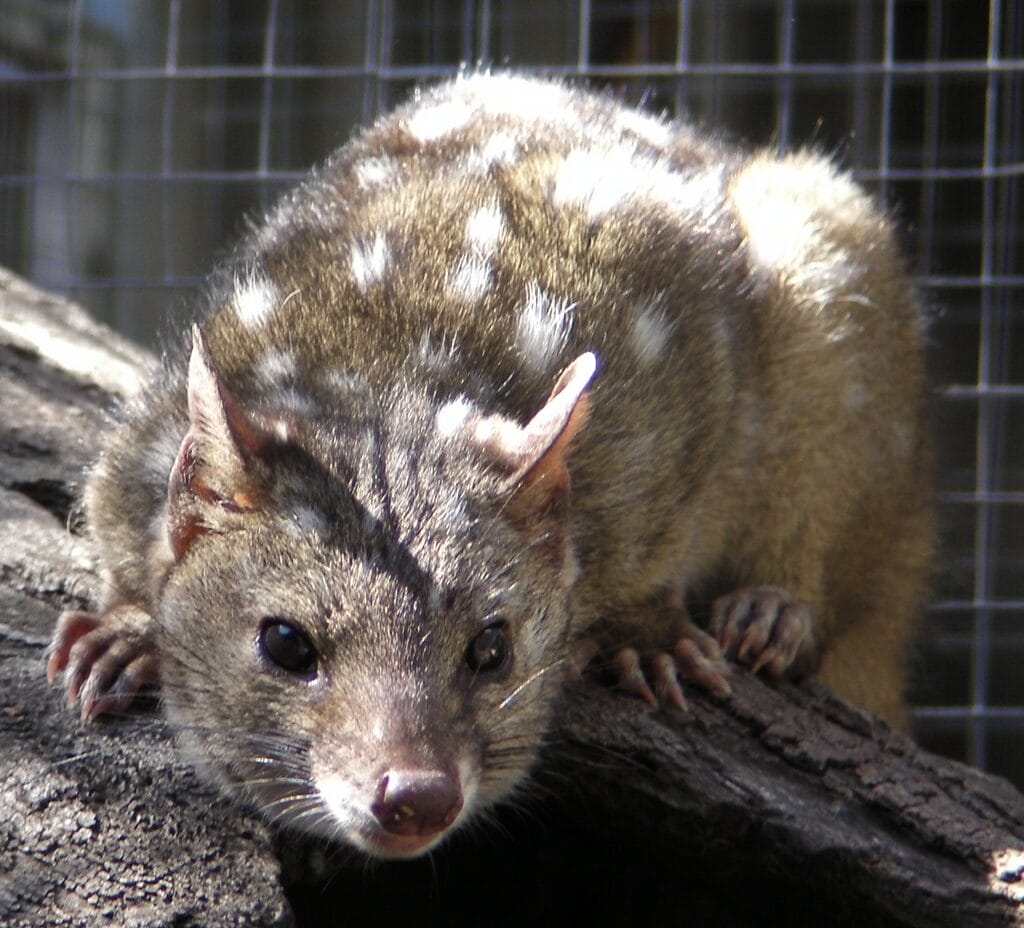A species that was in danger of going extinct suddenly has hope.
After their attempts to reproduce the species appear to have been successful, a team of biologists in Australia is overjoyed.
Ecologists at Australia’s Mount Gibson Wildlife Sanctuary recently made a startling discovery.
They discovered a litter of young, spiky animals in the sanctuary.
These aren’t just any animals, though. They are members of a particular kind of marsupial carnivore known as “western quolls.”
The species was once widely distributed across Australia, but its numbers have drastically decreased since the first European settlers arrived.
These days, the western quolls, often called chuditchs, are restricted to small groups in Australia’s southwest.
This marsupial species, which is roughly the size of a cat, is important to the ecology. They aid in managing populations of several birds, reptiles, and tiny invertebrates.

Researchers have spent the last few months trying to bring the marsupials back to the Mt Gibson Wildlife Sanctuary, where they were once extinct.
Now that baby marsupials have been found, it is evident that the researchers have been successful. The animals appear to be doing well there and are having no trouble procreating.
Georgina Anderson, Senior Field Ecologist at AWC, stated, “We can see through regular monitoring that the quolls are doing well at the sanctuary and that encountering the first pouch young is a positive sign that they have adjusted to the new environment.”
We have a quoll named Aang that frequently appears at the camera traps we place at the release locations. He is one of our biggest and most impressive quolls, and he has a personality to match. He frequently visits several locations to gather the chicken we use as baits and messes with our bait canisters, she continued.
#GOODNEWS: Ecologists at Mt Gibson, on Badimia and Widi Country in WA, have made an adorable discovery… The sanctuary’…
What joy to see hope for the species! Hopefully, it can soon thrive throughout Australia again!
Feel free to share this article to spread some good news on Facebook!